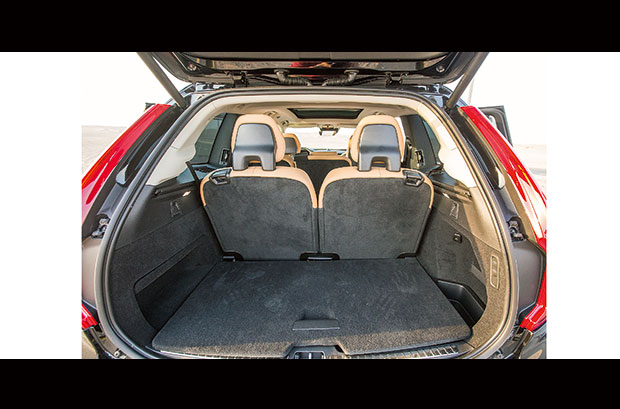Frankfurt: Volvo AB’s first-quarter operating profit beat analyst estimates as the truck maker reduced costs by scaling back production in response to slowing demand in North America. The stock rose to an eight-month high.
Earnings before interest and taxes, and excluding capital gains and restructuring costs, amounted to 4.46 billion kronor ($547 million, Dh2.4 billion), the Gothenburg-based manufacturer said on Friday in a statement. That exceeded the 3.92 billion-krona average of eight analyst estimates compiled by Bloomberg. Based on that measure, the operating profit as a proportion of sales widened to 6.2 per cent from 6.1 per cent a year earlier. Revenue fell 4.1 per cent to 71.7 billion kronor, in part because of currency effects.
The company, which owns the Mack Trucks brand in the US, outlined plans in February to reduce North American and Brazilian production in the first quarter following a drop in orders at the end of 2015. US gross domestic product growth probably slowed in the quarter versus the last three months of last year, according to Federal Reserve forecasts, with the Atlanta Fed estimating expansion could have been as low as 0.1 per cent.
“Despite the expected market headwind tempering sales, the company managed to keep up margins,” Andreas Zsiga, a credit analyst at Nordea Bank AB, said in a note to clients. “A negative revision of the 2016 North American truck-market outlook was balanced by a positive revision of the European market.”
Volvo rose as much as 4.8 per cent and was trading up 3.1 per cent at 97.45 kronor as of 9.47am in Stockholm, the highest price on a closing basis since mid-August. The stock has gained 23 per cent this year, valuing the manufacturer at 207.4 billion kronor.
First-quarter net income fell 11 per cent to 3.77 billion kronor, with the decline buffered by an 885 million-krona capital gain from the sale of its information-technology operations to HCL Technologies Ltd.
Volvo cut its full-year industry-wide forecast for the North American market 3.8 per cent to 250,000 vehicles. “With stagnant freight volumes, increased availability of competitively priced used trucks and less need for fleet renewal, the market is expected to settle on a more normalised level during 2016,” it said. The company’s business in the region “did a good job” of adapting capacity to demand, chief executive officer Martin Lundstedt said at a press conference.
The company also reduced its forecast for Brazil’s market by 14 per cent because of a lingering recession there. Volvo is predicting 290,000 industry-wide truck sales in Europe, an increase of 10,000 vehicles from a previous forecast.











